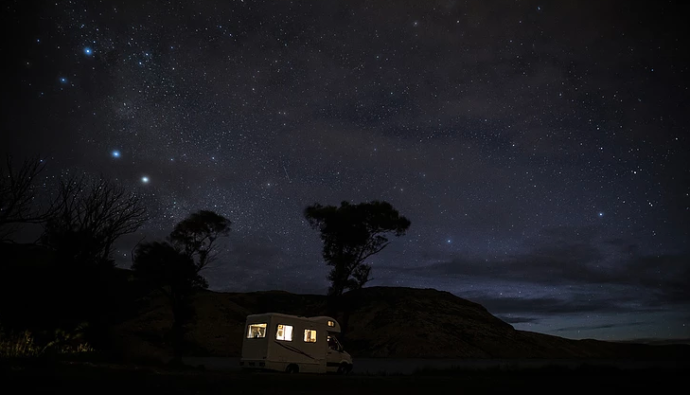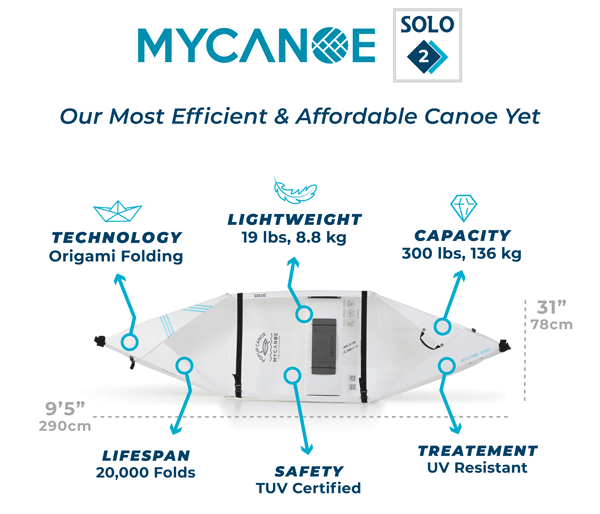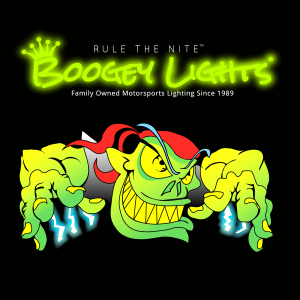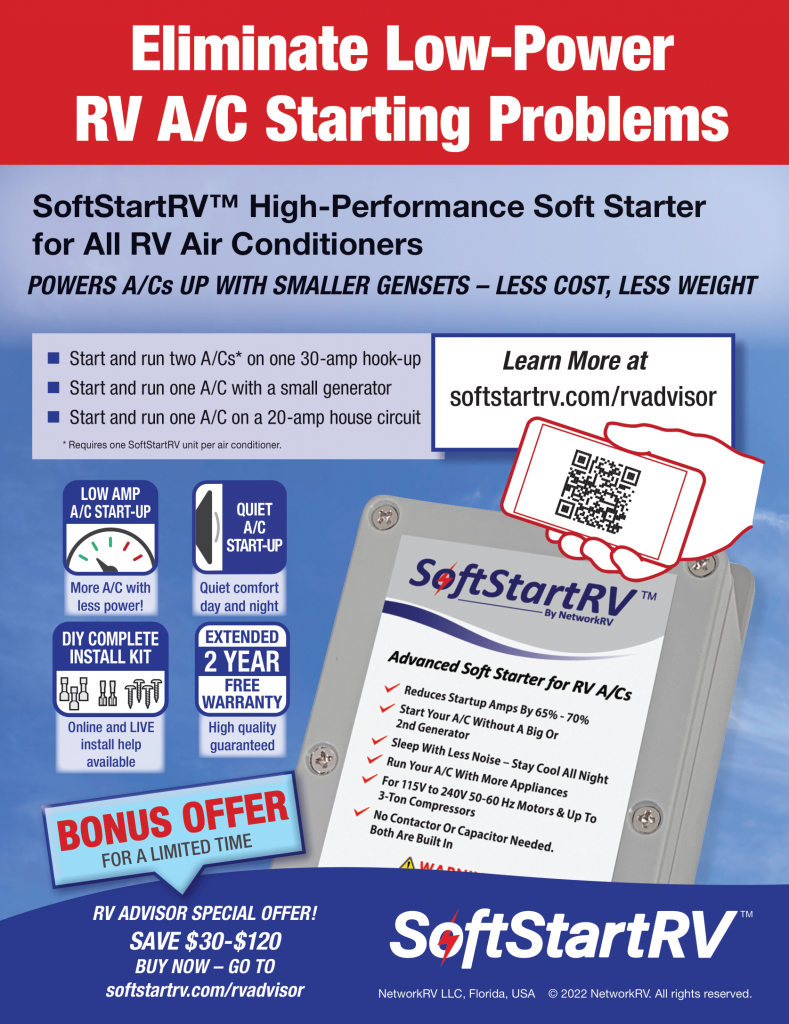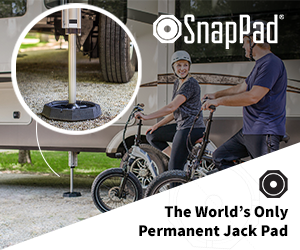Learn about common issues and what to do about them
When driving an RV, safety should be a big priority. This is why it’s vital that certain parts work properly, such as the brakes and airbags. Lights also can’t be overlooked, especially for evening or nighttime driving.
If you’re planning to take an RV trip soon, be sure to closely examine all of its key components, including the lights. If you notice any issues, you definitely want to address it before you hit the road. Here are some common reasons why lights may not be working well or at all and how to fix the problem.
Old bulbs
Often the most likely solution to a problem is the most obvious. If a headlight or taillight isn’t working – and everything else with your electrical system is fine – chances are good that a bulb burned out and you justneed a new one.
Blown fuses
If the bulb seems okay, the next step is to look for a blown fuse. When you find and remove the right fuse and can see that its filament is broken, you’ve discovered the problem. Thisis why it’s always a good idea to have extra fuses on hand. Even if the fuse looks good, it could be faulty anyway, and plugging in a new one will let you know.
Bad battery
Your lights won’t work well if your battery is in bad shape. If it has been a while since you replaced yours, that could be the issue. While a start-type battery should be good for about five years, a deep-cycle battery may only last about three. Before embarking on any journey, you will want to check the status of your battery. And if you won’t use your RV for a while, it is also wise to take the battery out and store it in a warm place.
Corrosion
Over time, corrosion can cause lights to malfunction. If you often take your RV to the ocean or rainy climates, it’s possible that water has seeped under the lens and gotten inside plugs or sockets, which could be why your lights aren’t working well. Take a good look at the sockets and all of the connections. If you notice some corrosion, there are different types of cleaners you can usually find at a hardware store. However, if there is too much corrosion, parts may have to be replaced. Using silicone sealant around the edges of the lens can help you avoid water seepage in the future.
Loose wires
Another common reason why lights may be flickering or not turning on could be due to loose wires. Often this happens because of vibrations from driving. If you’ve driven on some rough terrain or perhaps some of America’s pock-marked roadways, things may have been shaken out of place.
Getting rid of those foggy headlights
Even if your headlights are working just fine, an issue you should be aware of is foggy lenses. When lenses get small nicks and scratches – from pebbles and other debris on the roads – this can cause the plastic to start clouding up, which can be dangerous for night driving. While there are cleaning kits you can buy, there’s a much easier and faster way to take care of this. Using a little toothpaste and a rag, you can buff out those scratches, which should clear up the cloudiness.
For other illuminating tips and information about RV life, we welcome you to become a member of the RV Advisor. We’d love to hear from you!

